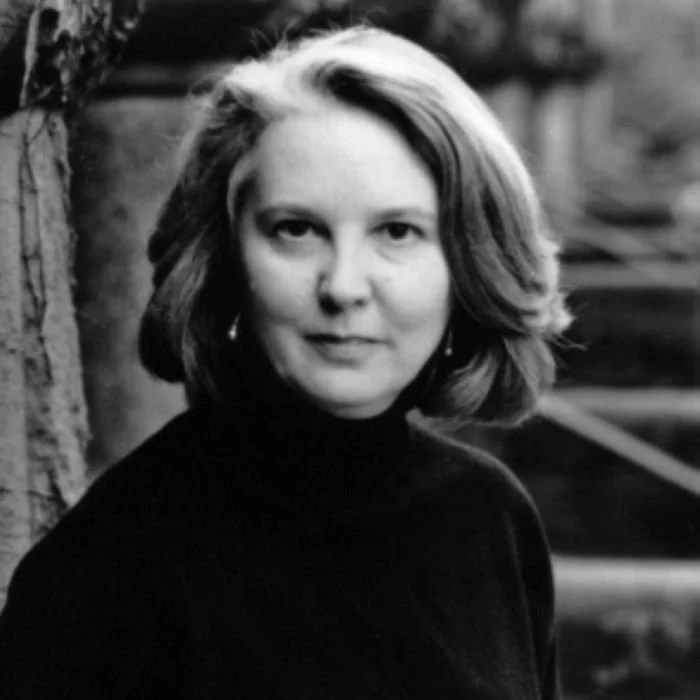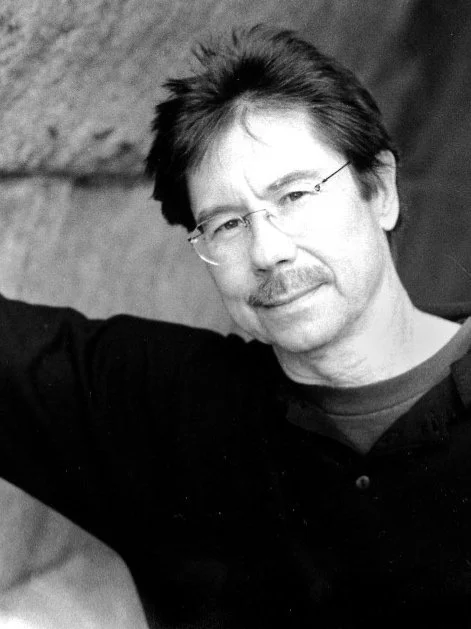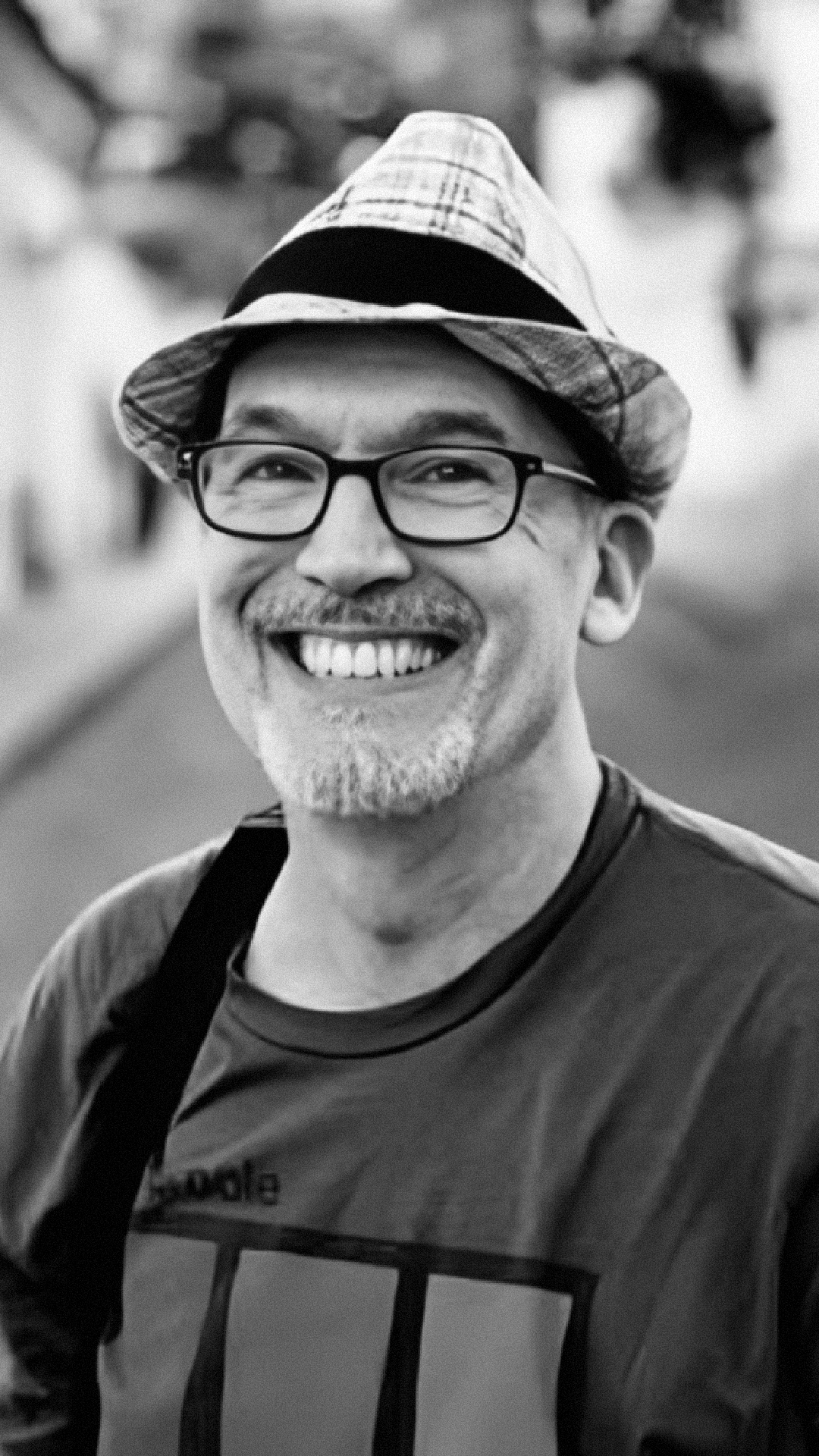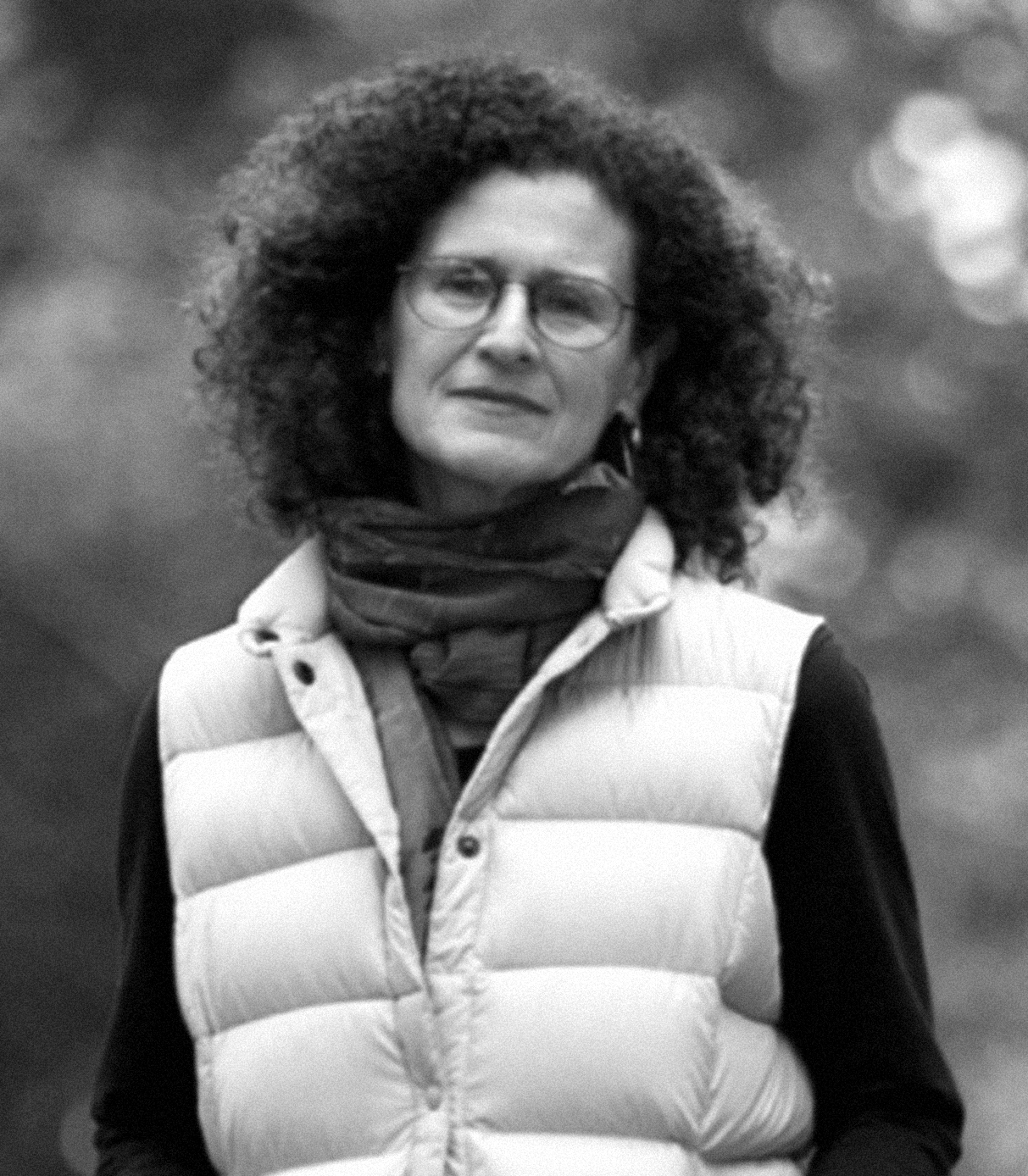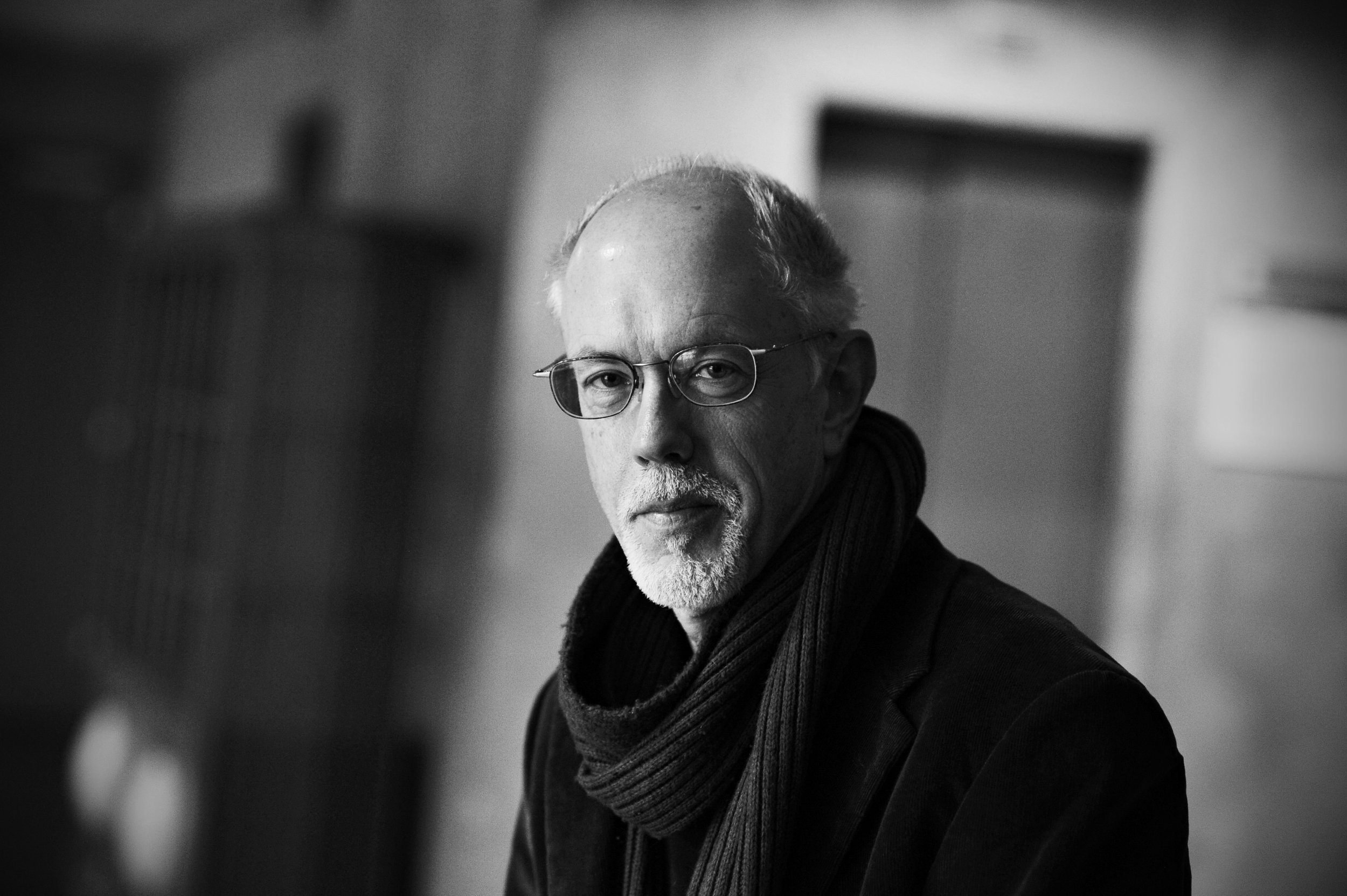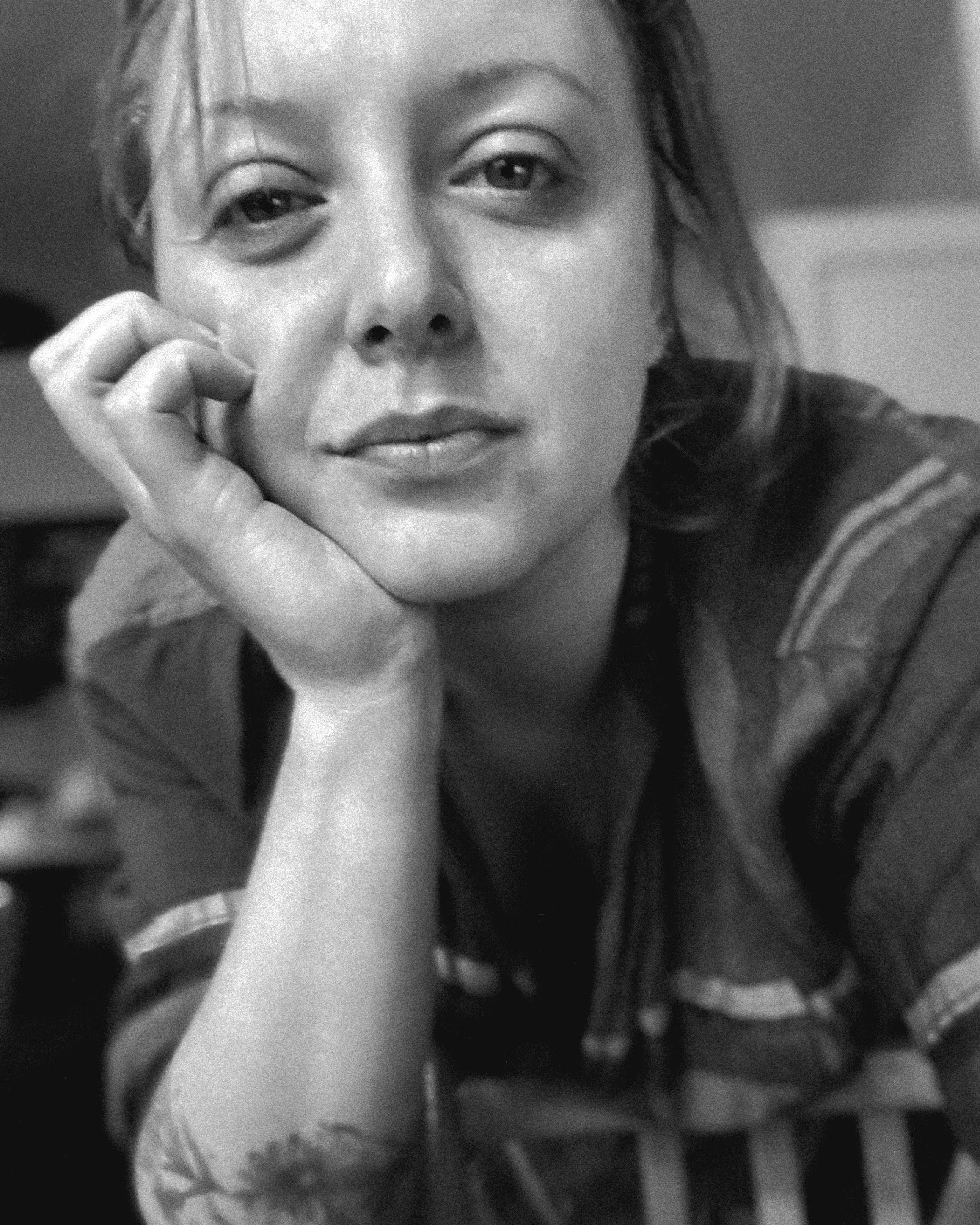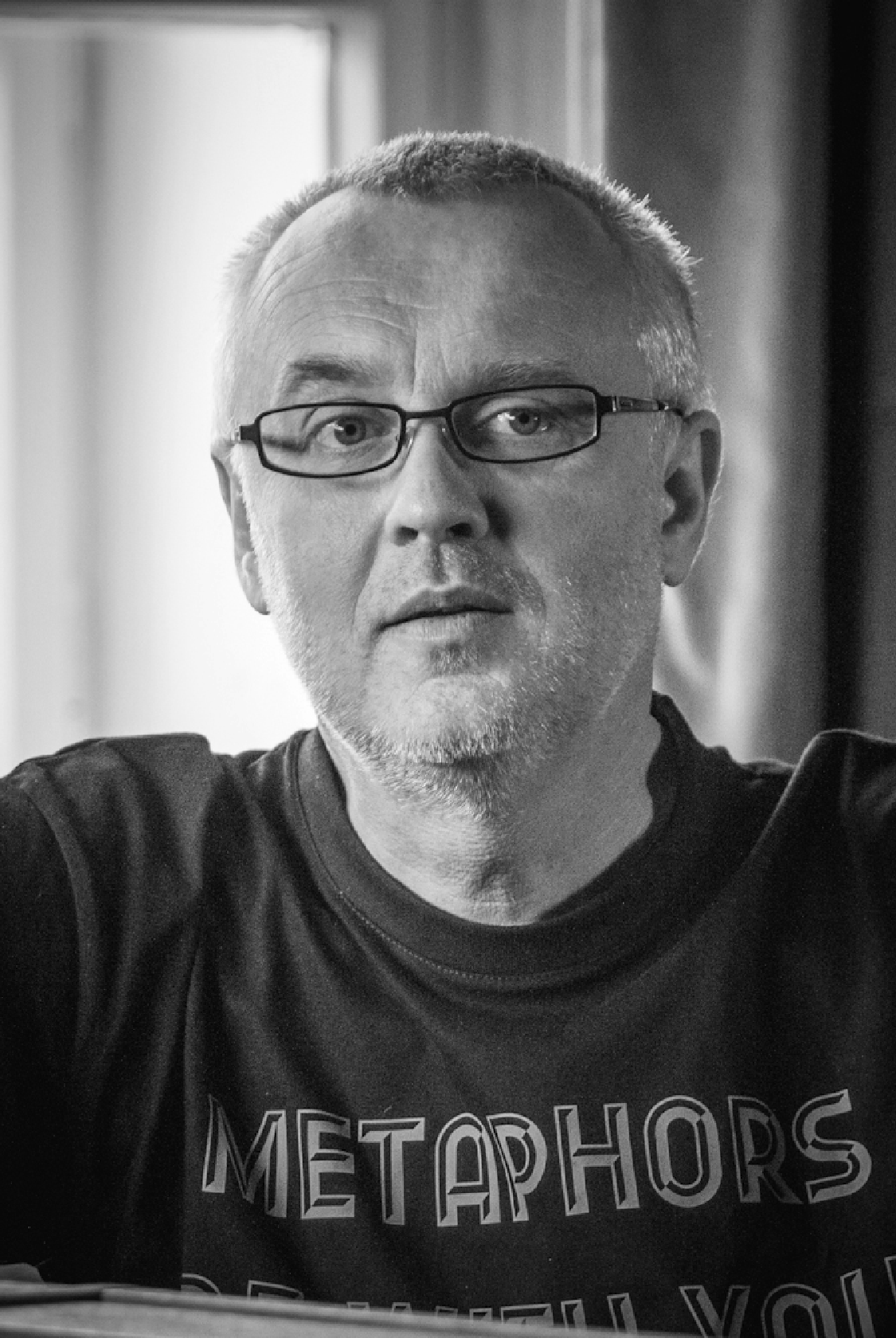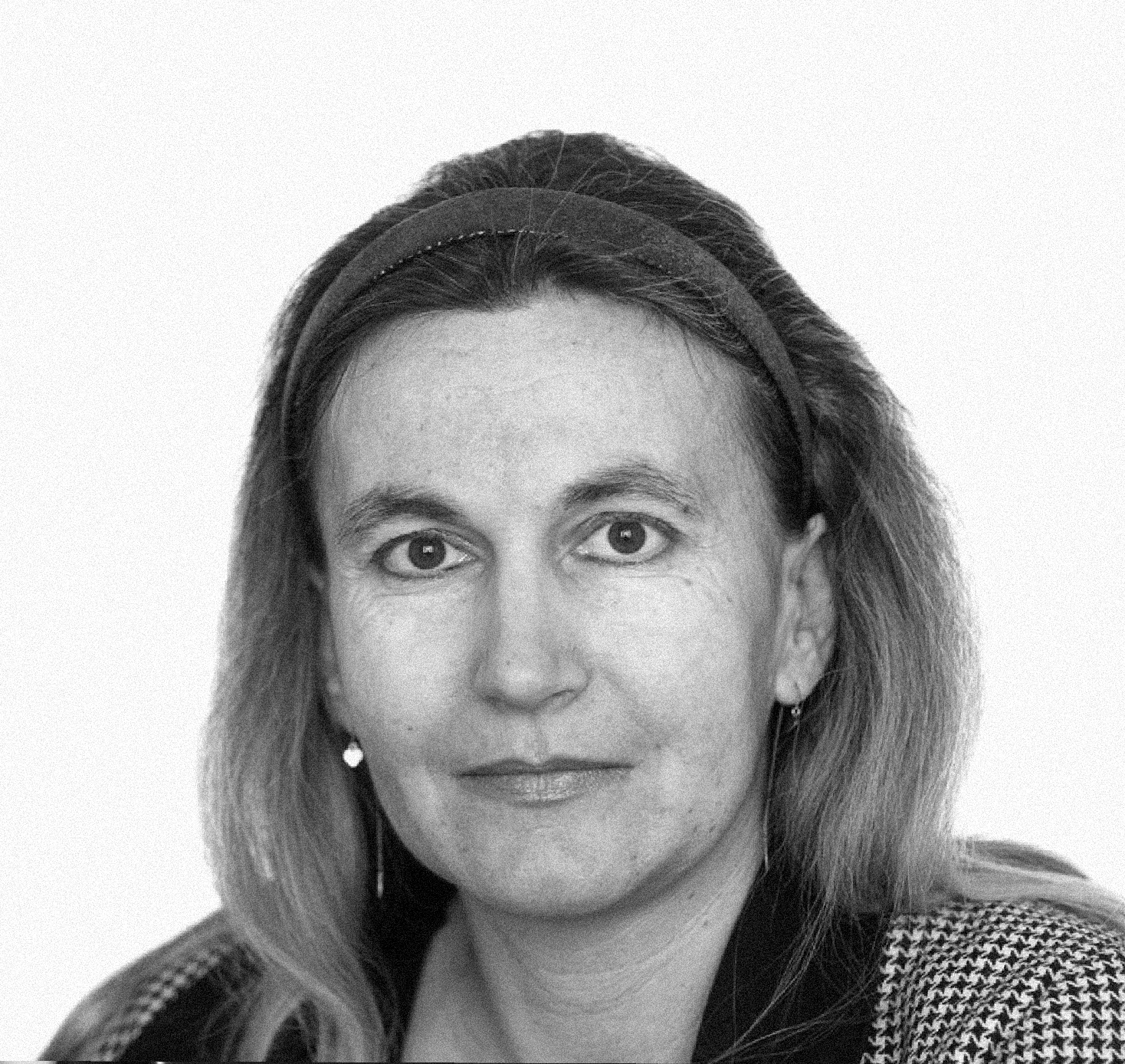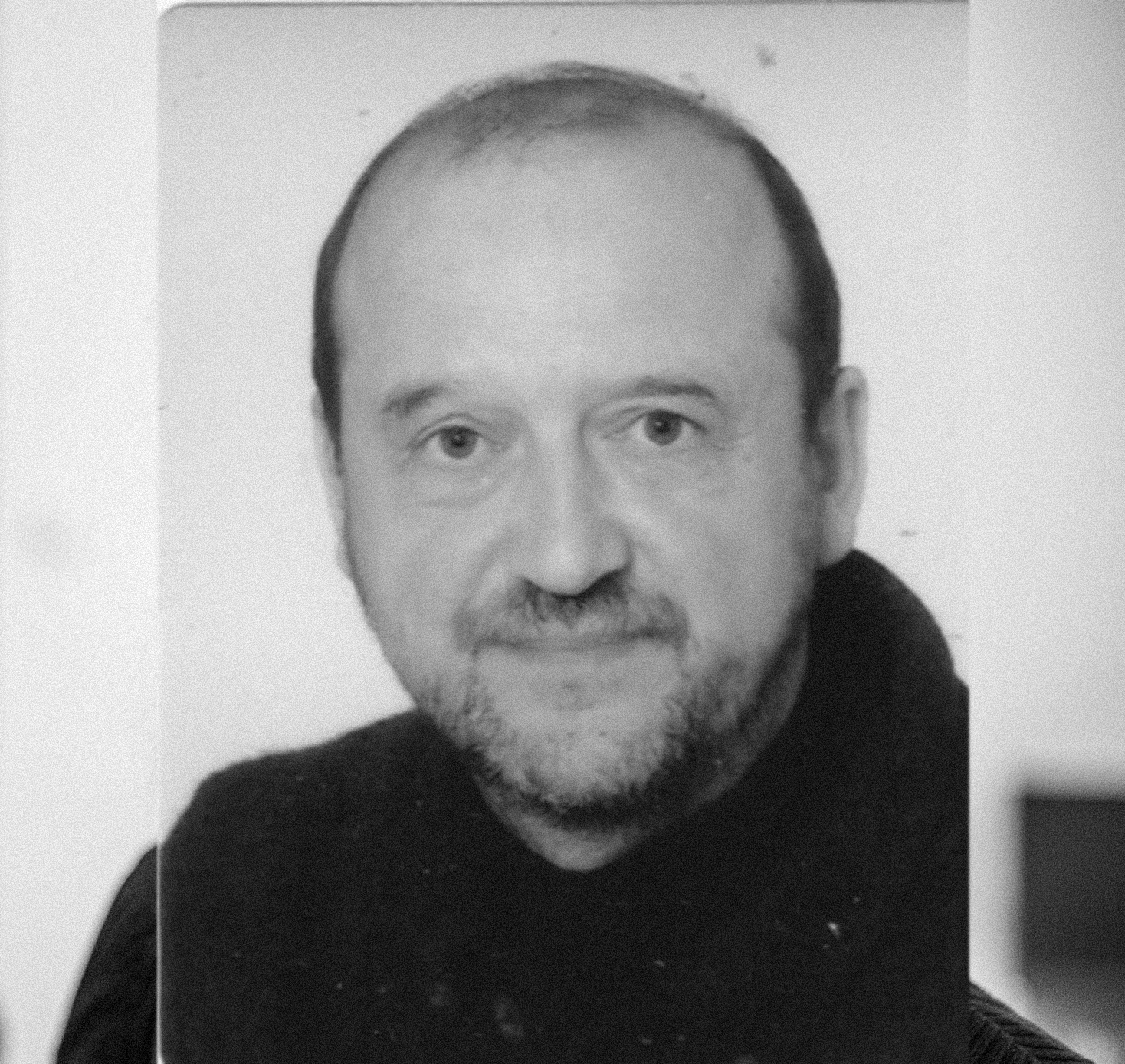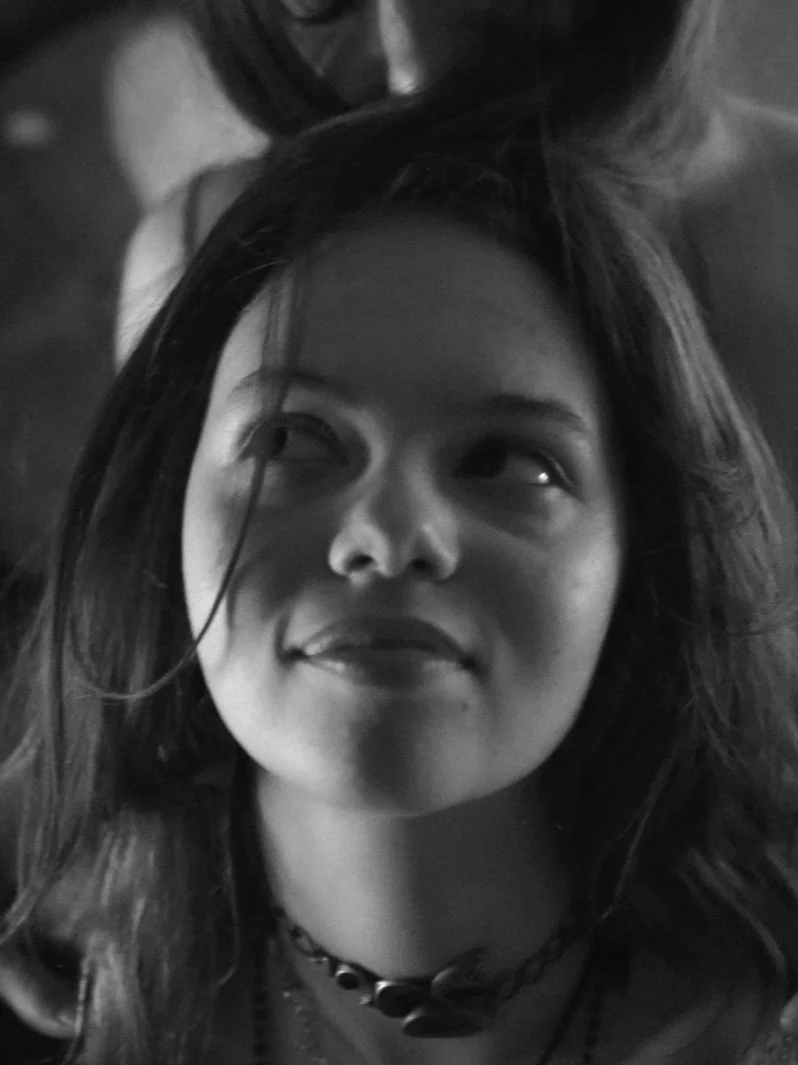
Prague never lets you go. That dear little mother has claws." - Franz Kafka
Prague never lets you go. That dear little mother has claws." - Franz Kafka
July 6th to 24th, 2026
The Prague Summer Program for Writers is a three-week-long, family-run summer writing residency in Prague, Czech Republic with a history spanning back to the Velvet Revolution. In addition to having ample time to write in a beautiful and historic city, participants take part in weekly workshops, a private conference, weekly readings, special lectures, literary walking tours and more.
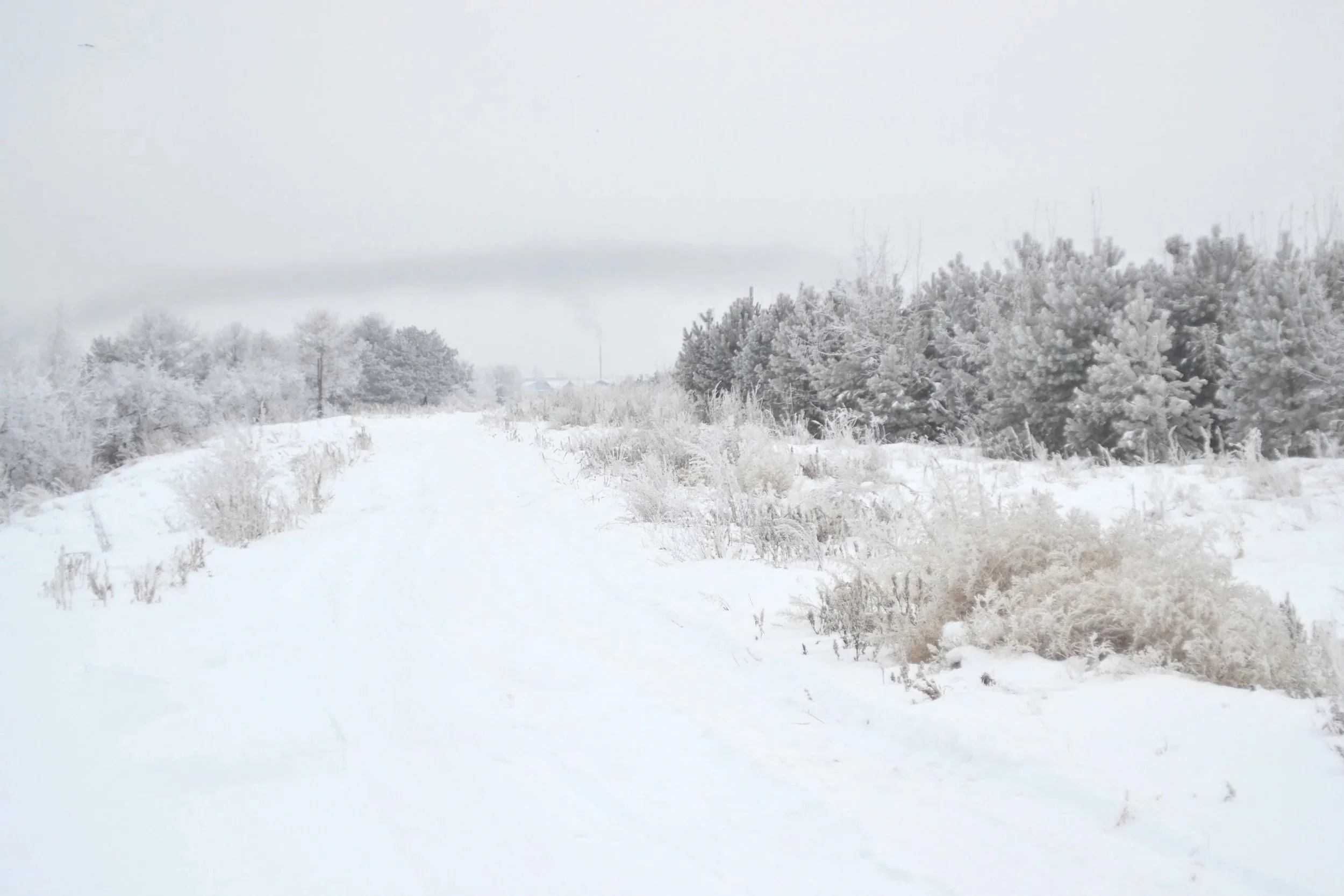
The Prague Summer Program has a sister program!
The Minnesota Winter Retreat for Writers
-
Workshops run from Monday to Wednesday from 10:00AM to 12:30AM for the 3-week duration of the program.
They are divided into verse and prose. Each workshop is lead by at least two alternating professors from our permanent faculty. We will determine which of the two you will join.
-
LECTURES AND SYMPOSIUMS
up to 5 different lectures or panel debates on various relevant topics
LITERARY READINGS
multiple in-person readings
a virtual reading screened at a local cinema
a final student reading where you will present the work you have done
EXCURSIONS
a walking tour of Prague
a day trip outside of Prague* (train and entrance tickets not included in price)
a literature-themed museum excursion
PARTIES
the opening party (and plenty of Czech food)
the closing party (and plenty of Czech food)
-
During May and June, we will conduct a virtual manuscript conference with each individual accepted into the program.
During the program, Richard Katrovas will hold office hours on Thursdays and Fridays.
-
The PSP has partnered with local community-driven organizations all around the historical center.
You will get to participate in workshops under decorated wooden ceilings from the renaissance while looking out upon Old Town Square at the Prague Creative Center, attend literary readings in the cellar of the Shakespeare and Son’s bookstore under the Charles’ Bridge, and enjoy lectures in a sunny room in the tranquil Kampa park next to the Vltava river.
-
You will be asked to provide proof of pricing category in your application.
Base Price $2,300
Undergraduate Student Price $1,500*
MFA/PhD Title-Holder Price $1,500
Graduate Student Price $1,000*
Czech or Ukrainian Resident Price $550
*You must currently be a student and provide a recommendation from your professor.
The price includes:
Workshops
Readings
Lectures & Symposiums
Manuscript Conferences
The Literature-Themed Museum Day Trip
Opening and Closing Parties
Practical Travel Guidance
The price does not include:
Flights
Housing
The Day Trip Outside of Prague
-
Applications are open throughout the year.
On the application page, you will be asked to fill in some personal information, to fill in your pricing category, and to upload a writing manuscript (10 pages of prose or 5 pages of poetry).
We will get back to you in the following days. If accepted, we will communicate all the necessary steps you will need to take to officially enroll.
Richard Katrovas, Director of the Prague Summer Program
“One may ask why English-language creative writers—poets, fictionists, playwrights, memoirists, essayists—should occupy an ancient city in the heart of Europe for the month of July, a city in a country whose inhabitants speak primarily a beautiful and complex Slavic language that only ten million people on earth can understand.
The answer is the Prague Spring, that period of cultural fecundity preceding the Soviet invasion of August 20, 1968. The Prague Spring was an incredible, though brief, period when the best and brightest of a tiny nation, under the banner of Dubček’s “socialism with a human face,” siphoned the nonviolent, iconoclastic spirit of 60s counterculture to fuel a native movement that eschewed both Soviet and capitalist ideologies and sought to establish a society based upon the intrinsic value of the human spirit. Later, the signatories of Charter 77 embodied that quixotic yet profound goal in the midst of the gray and brutal post-invasion period dubbed “Normalization.”
Creative writing, as an academic rubric, was the product of a radical egalitarianism ushered into academe by that same ethos. The Prague Summer Program for Writers is a celebration of that spirit.
Other reasons why an English-language writer may wish to attend the Prague Summer Program are less lofty, more about individual ambition. Here are three obviously related reasons:
Some of the most important writers working in the English language have served, and continue to serve as Prague Summer Program mentors.
Scores of books have been published by writers who’ve attended the Prague Summer Program.
Hundreds of stories, poems and essays by Prague Summer Program alumni have appeared in the most important journals, magazines and anthologies in the English-speaking world.
This is simply to say that the Prague Summer Program continues to affect, modestly though not insignificantly, both the pedagogy of creative writing dovetailed with culture studies, and English-language literary culture in general.”
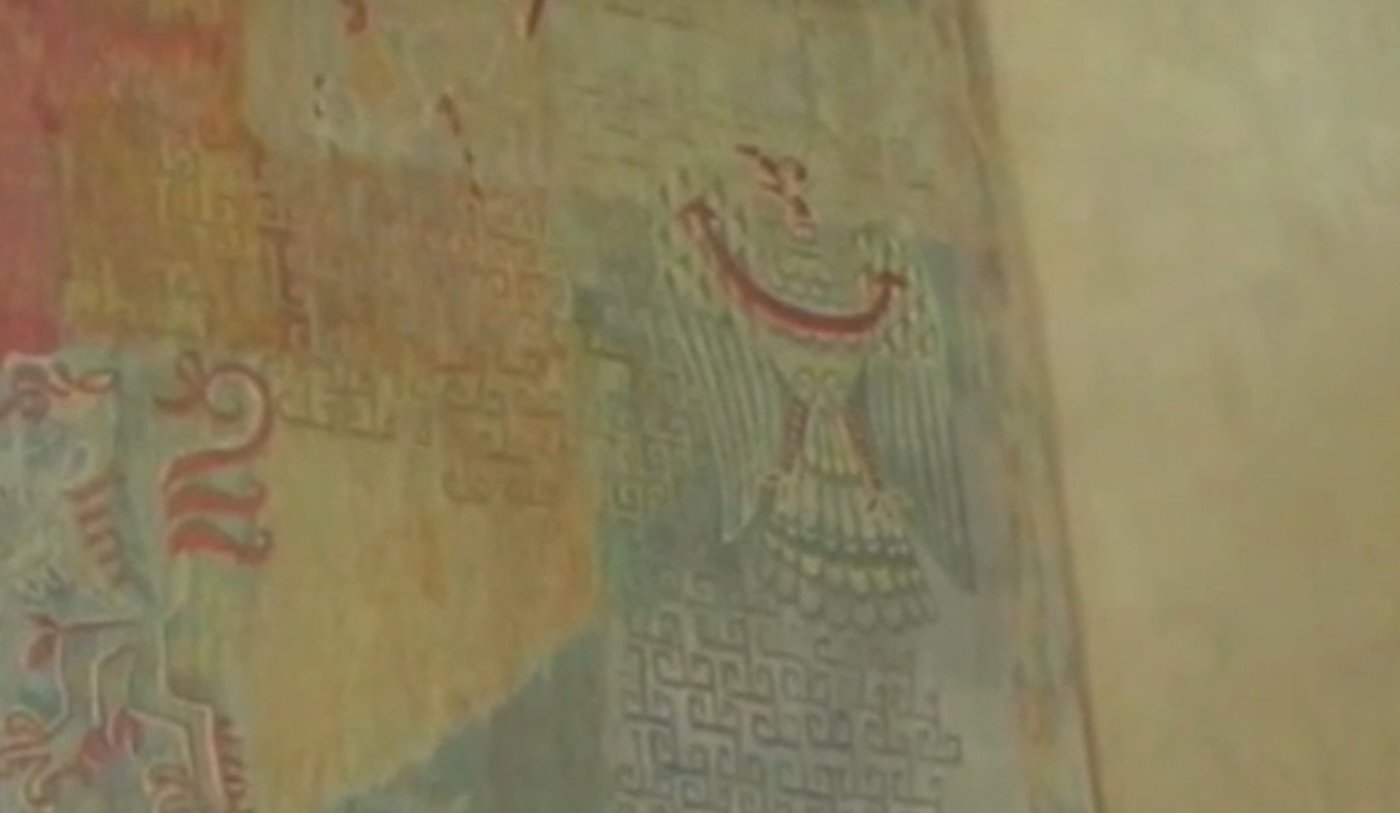
On July 3rd, 2006, in the Magna Aula of Charles University's Carolinas in Prague, the Prague Summer Program, then under the auspices of Western Michigan University, presented honorary doctorates for literature to two great Czech writers, president Václav Havel and Arnošt Lustig.
Our Pedagogy
The creative-writing workshop manifests differently relative to time. That is, a one-time masterclass will be conducted differently than a class that repeats over the course of a semester or quarter, and yet still differently over an intense three-week summer session. In a masterclass, the usual seminar structure of a workshop will be rather one centered almost exclusively on the voice of the workshop leader. It is over the course of a semester that workshops settle into the characteristic give-and-take of a communal discourse, the seminar-like egalitarian conversation centered on compassionate criticism, positive and negative, that is the ideal of arts pedagogy.
The Prague Summer Program is a blending of culture studies and creative writing, the former enhancing, enriching the latter, and the three weeks of nine two-and-a-half hour workshops should not be mentor-centric, we’ll call it, as in a master class, though cannot be, at twenty-two and a half hours, as egalitarian as a forty-six-hour workshop spread over more than three months. Workshop mentors in the Prague Summer Program tend to guide the workshop discourse with a hurrying hand, attempt to focus the classroom discourse such that there is greater emphasis on a work in question than on a conversation about it, the dynamics of the discourse.
This is simply to say that PSP mentors understand that anyone who chooses to cross the Atlantic Ocean (in most cases) to spend just over three weeks absorbing the majesty, mystery, and history of one of the planet’s most beautiful and storied cities and its people, and in the midst of that majesty, mystery and beauty intensely regard their own lives as artists, deserves the mentor’s most honest, professional evaluations of their efforts. This is simply to say that every workshop member will have an honored voice, but the judgments, the voice of the mentor will predominate as gracefully as possible.
At its best--a state of being that it almost always assumes--the PSP workshop is both intense and relaxed, focused on participants’ creative efforts with the casual passion that should be the hallmark of fellowship among artists. Following the traditional Iowa-workshop model, the PSP workshop is uniquely positioned, in space and regarding time, to facilitate genuine breakthroughs in a literary artist’s apprenticeship. PSP mentors attempt to articulate the issues on which each program participant should be monomaniacally focused regarding their personal artistic and intellectual journey.
The value of the Prague Summer Program workshop regime, to a greater extent than is true of workshops anywhere else, we believe and more than thirty years of past participants have testified, will resonate most powerfully in the months and years following the experience, once the bedazzlement of three weeks in Prague has mellowed, even as it never ends. As Prague’s native son Franz Kafka put it, “Prague never lets you go. That dear little mother has claws.” Prague’s velvet claws, we hope, will cling to the soul of every writer who experiences the Prague Summer Program, such that what the writer learns about her/him/themselves over the course of the program will be positively determinative, at least in some small part, regarding their lives and artistic careers.
Our Lovely People
Past Faculty
Václav Havel ~ Amy Tan ~ Mary Karr ~ Tracy Kidder ~ Grace Paley ~ Mark Doty ~ Philip Levine ~ C.K. Williams ~ Carolyn Forché ~ Donald Hall ~ Galway Kinnell ~ Francine Prose ~ Robert Olen Butler ~ Edward Hirsch ~ Adam Zagajewski ~ Tomaž Šalamun ~
Václav Havel ~ Amy Tan ~ Mary Karr ~ Tracy Kidder ~ Grace Paley ~ Mark Doty ~ Philip Levine ~ C.K. Williams ~ Carolyn Forché ~ Donald Hall ~ Galway Kinnell ~ Francine Prose ~ Robert Olen Butler ~ Edward Hirsch ~ Adam Zagajewski ~ Tomaž Šalamun ~
Václav Havel ~ Amy Tan ~ Mary Karr ~ Tracy Kidder ~ Grace Paley ~ Mark Doty ~ Philip Levine ~ C.K. Williams ~ Carolyn Forché ~ Donald Hall ~ Galway Kinnell ~ Francine Prose ~ Robert Olen Butler ~ Edward Hirsch ~ Adam Zagajewski ~ Tomaž Šalamun ~
Václav Havel ~ Amy Tan ~ Mary Karr ~ Tracy Kidder ~ Grace Paley ~ Mark Doty ~ Philip Levine ~ C.K. Williams ~ Carolyn Forché ~ Donald Hall ~ Galway Kinnell ~ Francine Prose ~ Robert Olen Butler ~ Edward Hirsch ~ Adam Zagajewski ~ Tomaž Šalamun ~
Václav Havel ~ Amy Tan ~ Mary Karr ~ Tracy Kidder ~ Grace Paley ~ Mark Doty ~ Philip Levine ~ C.K. Williams ~ Carolyn Forché ~ Donald Hall ~ Galway Kinnell ~ Francine Prose ~ Robert Olen Butler ~ Edward Hirsch ~ Adam Zagajewski ~ Tomaž Šalamun ~
Václav Havel ~ Amy Tan ~ Mary Karr ~ Tracy Kidder ~ Grace Paley ~ Mark Doty ~ Philip Levine ~ C.K. Williams ~ Carolyn Forché ~ Donald Hall ~ Galway Kinnell ~ Francine Prose ~ Robert Olen Butler ~ Edward Hirsch ~ Adam Zagajewski ~ Tomaž Šalamun ~
Václav Havel ~ Amy Tan ~ Mary Karr ~ Tracy Kidder ~ Grace Paley ~ Mark Doty ~ Philip Levine ~ C.K. Williams ~ Carolyn Forché ~ Donald Hall ~ Galway Kinnell ~ Francine Prose ~ Robert Olen Butler ~ Edward Hirsch ~ Adam Zagajewski ~ Tomaž Šalamun ~
Václav Havel ~ Amy Tan ~ Mary Karr ~ Tracy Kidder ~ Grace Paley ~ Mark Doty ~ Philip Levine ~ C.K. Williams ~ Carolyn Forché ~ Donald Hall ~ Galway Kinnell ~ Francine Prose ~ Robert Olen Butler ~ Edward Hirsch ~ Adam Zagajewski ~ Tomaž Šalamun ~
Testimonials
I grew enormously as a writer at the PSP, honing my craft, working with, listening to, and sharing not just with fellow writers but with some of the very best and generous mentors – Richard Katrovas and Stuart Dybek come to mind immediately. I love the energy and dynamics of this programme. I love Prague. PSP? I’d highly recommend it.
Saras Manickam, 2018, 2017, 2015, 2014, 2022
If Prague is a difficult city to penetrate when traveling alone, the Prague Summer Program provides an ideal avenue for writers who want to soak up the literary culture of the city. The workshops are rigorous but kind, and the inspiration provided through field trips and readings will make a feast for years. I am so grateful for the time I got to spend with my fellow students, the workshop leaders, and the Katrovas crew!
Josh B., 2022
These words stay with me: “This is not the end, Prague stays in your heart, along with the people and connections you made here.” My time in Prague meant more than just writing. It made a lasting impression. The city, the food, the bridges. Each evening I stopped to watch the sun dip into the Vltava river, and it made me tear up. I explored outside the program and built friendships with locals. I returned in the winter and watched the fireworks ring in the new year. You will find a way to return.
Gyvang, 2017
The PSP offered me the opportunity to meet lifelong friends, and listen to some of the most amazing and famous writers of the time. I learned a lot from both the workshops and the readings / discussions with well-known writers. The program expanded my thinking on the role of the author and what I could potentially achieve.
Jillian Schedneck, 2005 participant
Coming to the Prague Summer Program this year, I vaguely anticipated a kind of transformative experience and nearly ducked the blow by having my post-pandemic travel plans thwarted at one point. But then I made it, and what happened was the reverse of Jean-Marc’s pastoral fantasy in Identity by Milan Kundera: instead of being the poet or the writer among imaginary mute beasts, I saw fragments of what I was doing reflected in the work of the other participants as nude as myself in their attempts to communicate the bare unprocessed core of the unspeakable. This mirroring confusion, the darker female version of the fantasy entertained by Chantal, prevailed throughout workshops and readings until I was called out by my name on the last day and found that I was still me and I still spoke my heart, but in a less jarring and more comprehensible way, because the gap between what I thought I was doing and what I was really doing has flashed and waned.
I do feel the three weeks I spent with the PSP after being granted the Václav Havel demi-fellowship were three solid chapters on my way to a professional writer’s career. Even though I have no doubt I will want to review them and edit, the feeling that they are there is comforting. I thoroughly enjoyed the workshops by Mark and Maya Slouka. There I learnt that the word “workshop” that I have known as a noun is a verb. I feel deeply indebted to Richard Katrovas, who in a couple of face-to-face conferences gave me a year’s worth feedback and has managed to make me angry in the right way. I’d been also tacitly admiring all the effort Ema Katrovas put into making things work on all levels. So, in line with a few simple things I have acquired here in Prague such as a taste for mineral water, renewed appreciation of good public transport and strive for clarity, I want to say thank you.
Jenya Zvonareva, 2021



